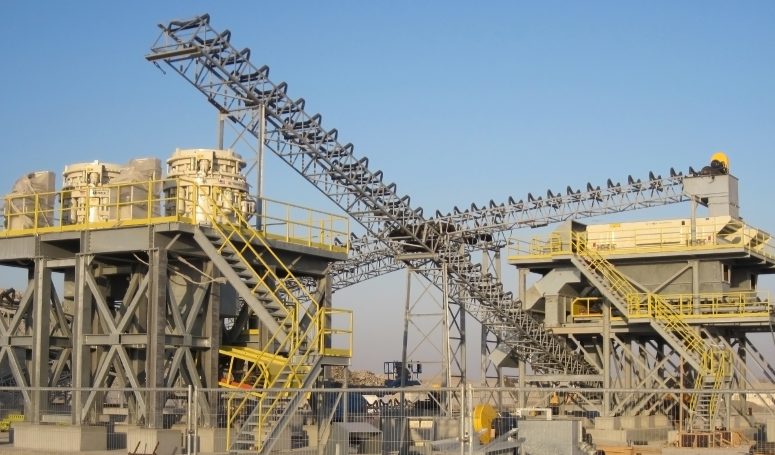How Long Does HDG Last?
The corrosion resistance of zinc coatings is determined primarily by the thickness of the coating but varies with the severity of environmental conditions.
Hot-dip galvanizing (HDG) is often used to protect steel from corrosion in some of the harshest environments imaginable, yet it provides maintenance-free longevity for decades. The corrosion resistance of hot-dip galvanizing varies according to its surroundings but generally corrodes at a rate of 1/30 of bare steel in the same environment. Measurements of the actual consumption rate of the coating during the first few years of service provide good data for projecting a conservative estimate for the remaining life to first maintenance, because as zinc corrosion products build on the surface, which in most environments are adherent and fairly insoluble, the corrosion rate often slows as time progresses.
The corrosion resistance of zinc coatings is determined primarily by the thickness of the coating but varies with the severity of environmental conditions. Each environment affects hot-dip galvanizing differently based on a unique set of corrosion variables. The predictability of the lifetime of a coating is important for planning and budgeting for required maintenance.
Whether exposed to the atmosphere, subjected to blazing UV rays, snow, and/or other elements, submerged in water, embedded in soil or concrete, or various other environments, hot-dip galvanized steel can withstand the different corrosive elements and fulfill the intended design life. More information about hot-dip galvanized steels longevity can be found in the AGAs publication Performance of Hot-Dip Galvanized Steel Products.


